The Meaning and Beauty Behind Arabic Names: A Cultural Deep Dive
Published by ArabicNames.Design
Arabic names carry more than just identity—they tell stories, offer blessings, reflect poetry, and preserve heritage. In Arabic culture, people choose names not only for how they sound but for the values they hold, the meanings they convey, and the deep cultural roots they represent.
Names with Purpose and Meaning
Unlike modern naming trends that emphasize uniqueness or fashion, Arabic names remain deeply rooted in meaning. For example, Amal (أمل) means “hope,” Karam (كرم) signifies “generosity” or “grace,” and Layla (ليلى) evokes poetic beauty and mystery.
Many Arabic names are inspired by virtues like strength, wisdom, beauty, and faith. Others reflect nature—such as Yasmin, Najm, or Ward. Some names carry religious significance, including Abdullah or Noor.
Spiritual and Historical Significance
Arabic naming traditions are closely tied to religion, lineage, and classical heritage. Many Islamic names reference prophets or divine attributes, while others reflect tribal identity or values passed down through generations.
Parents often use names to express hope, to honor their ancestry, or to convey their beliefs. A name becomes a lifelong blessing—personal, cultural, and spiritual.
The Visual Elegance of Arabic Name Design
The Arabic language is both visual and melodic. Names don’t just sound beautiful—they look like art when written in Arabic calligraphy.
Calligraphy styles like Thuluth, Diwani, and Ruq’ah turn simple words into intricate artwork. This is why Arabic name design is so popular for tattoos, home décor, personal branding, and gifts.
Names as Identity, Art, and Legacy
At ArabicNames.Design, we believe every name deserves to be preserved and celebrated. Our designs transform names into meaningful art, blending cultural symbolism with aesthetic beauty.
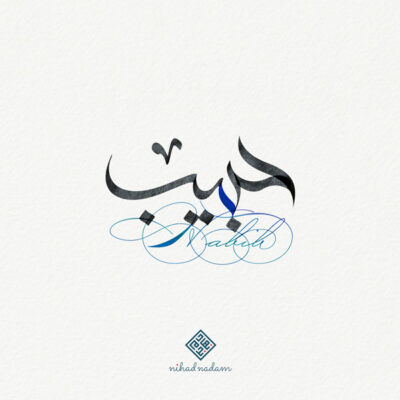
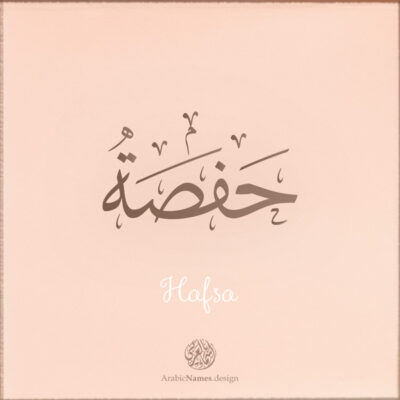
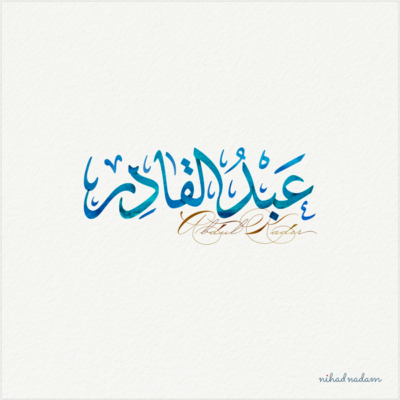
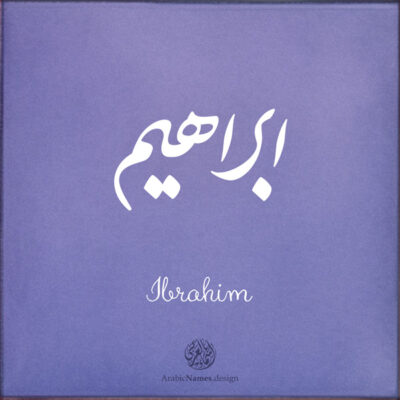
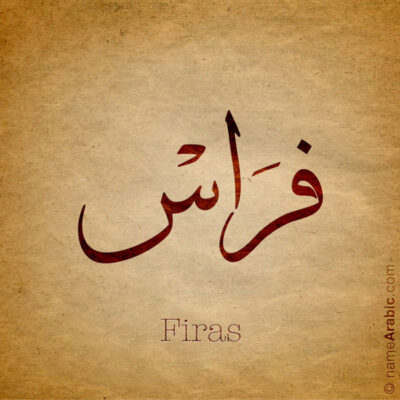
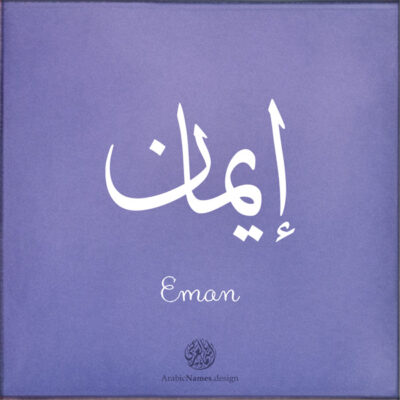
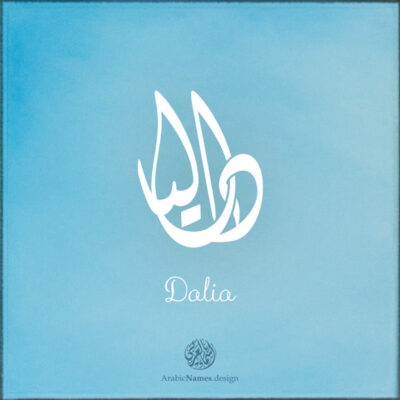
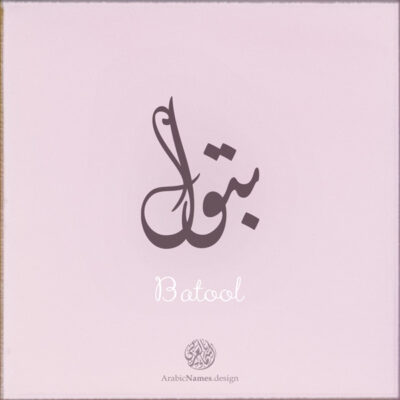
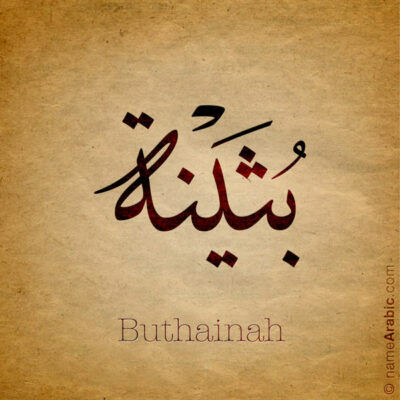
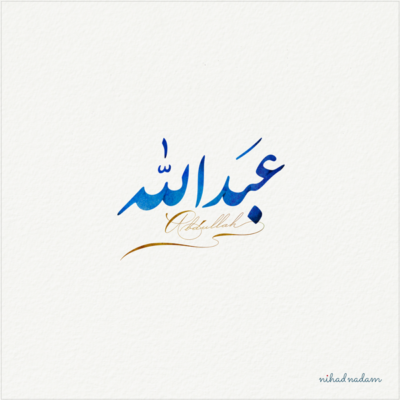
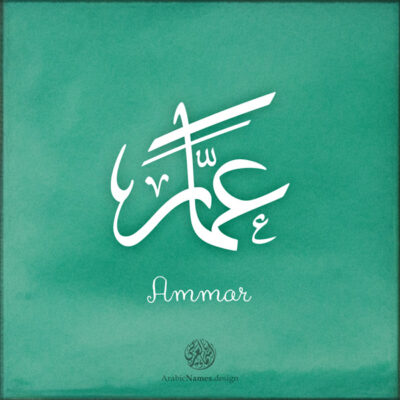
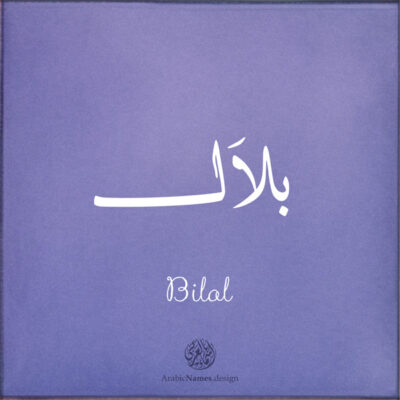
Request your own design?